1) We need a new paradigm of health care
A paradigm is a world view. It is the pair of glasses through which we look at the world. Dr. Stephen Covey, author of The 7 Habits of Highly Effective People, once said, “If you want small changes, work on your behaviour. If you want big changes, work on your paradigm.”
Our current paradigm of health care is a dichotomy view of health (sick vs not-sick, which is generally true only for communicable diseases). But we need to shift to a new paradigm. Dr. Sandro Galea, the Dean of Public Health at Boston University, said that the first key principle of public health is to see health as a continuum. That is, no one is 100% healthy or absolutely unhealthy.
In our current paradigm and health care system, if you are sick you go to see a doctor. The doctor is the expert and your responsibility is to co-operate. You don’t go to see a doctor when you are not sick. If health is a continuum, everyone should find out his or her position in the continuum, and understand how to improve their health conditions, regardless of their age. Everyone should also be responsible for their own health and take some appropriate actions. The goal of public health is to make everyone healthier and help people to take preventive measures for both communicable diseases and non-communicable diseases (NCDs), of which many are chronic diseases related to modern life styles.
The problem of the current health care model is the immense cost associated with elderly care and medical treatment as people approach their end of life. Modern medicine has increased the life expectancy of people but many could not die in healthy conditions. What is the value of increasing life expectancy if people will die with deteriorating health and chronic diseases? Or they have to pay so much money on drugs which could only extend their life for a few years?
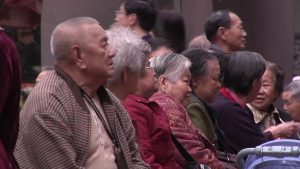
The new paradigm needs to build on a preventive, community based and social innovation model, which could be replicated to take care of the health of thousands and millions of people, with just a fraction of the cost compared with the current remedial and technical innovation model.
2) How to build a new health care model ?
Every social entrepreneur has his or her solution to save the world. For me, a concrete idea emerged after I met with Professor Benny Zee of CUHK in early December. He is a professor in the School of Public Health and has invented a health technology, called Automatic Retina Image Analysis (ARIA). It can predict the risk of stroke by analysing the retina image of people. By combining this breakthrough technology with wearable devices and self-management of chronic diseases, I came up with a new health care model. There are three key components:
- Self-management of chronic diseases
In the past two decades, the Hong Kong Society for Rehabilitation (HKSR) has helped thousands of people with chronic diseases to use a self-management approach in their rehabilitation journey. Self-management assumes that people should understand their health conditions and take appropriate actions to improved their health. Often this will require changes in diet and life styles. Self-management also promotes a partnership between patients and medial professionals.
- Early detection and intervention
We can use ARIA to identify people with high risk factors for stroke and dementia. If the intervention for stroke prevention starts at age 50, the cost will only be a fraction compared with treating people after they have experienced a stroke attack at age 65 or above. The same strategy could be applied to dementia: early detection at age 50, and starts a health improvement program using e-health devices and self-management to change life style and medications. The current way to detect dementia at the early stage requires expensive procedures such as MRI. As there are no signs of memory problem, we need to examine whether there are pathological changes in the brain. But ARIA could do the same job at a much lower cost so that large scale screening is possible at a community level.
- Mindfulness and stress management
There are many clinical studies to support that mindfulness practices can improve the health conditions of people with cancer, depression and chronic pain. This is because patients often are very stressful when they suffer from pain, side effect of medications and gradual declining of health and general functioning. Learning to accept and live with life threatening diseases requires strong social support and a very different mentality. Otherwise, the stress and worry could lead to anxiety and depression.
In the next 6 to 9 months, I will work with a number of NGOs to test this new health care model. This could be the beginning of a disruptive social innovation. Using the concept of Lean Startup, we only need to build a working prototype or MVP (minimum viable product) for a pilot program testing.


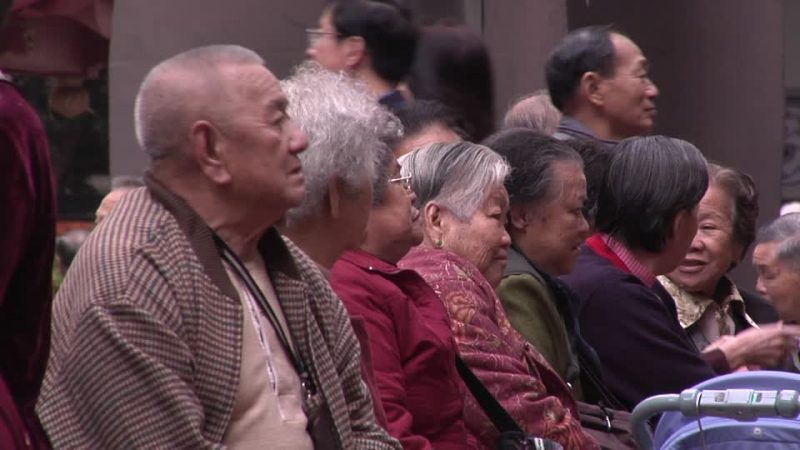
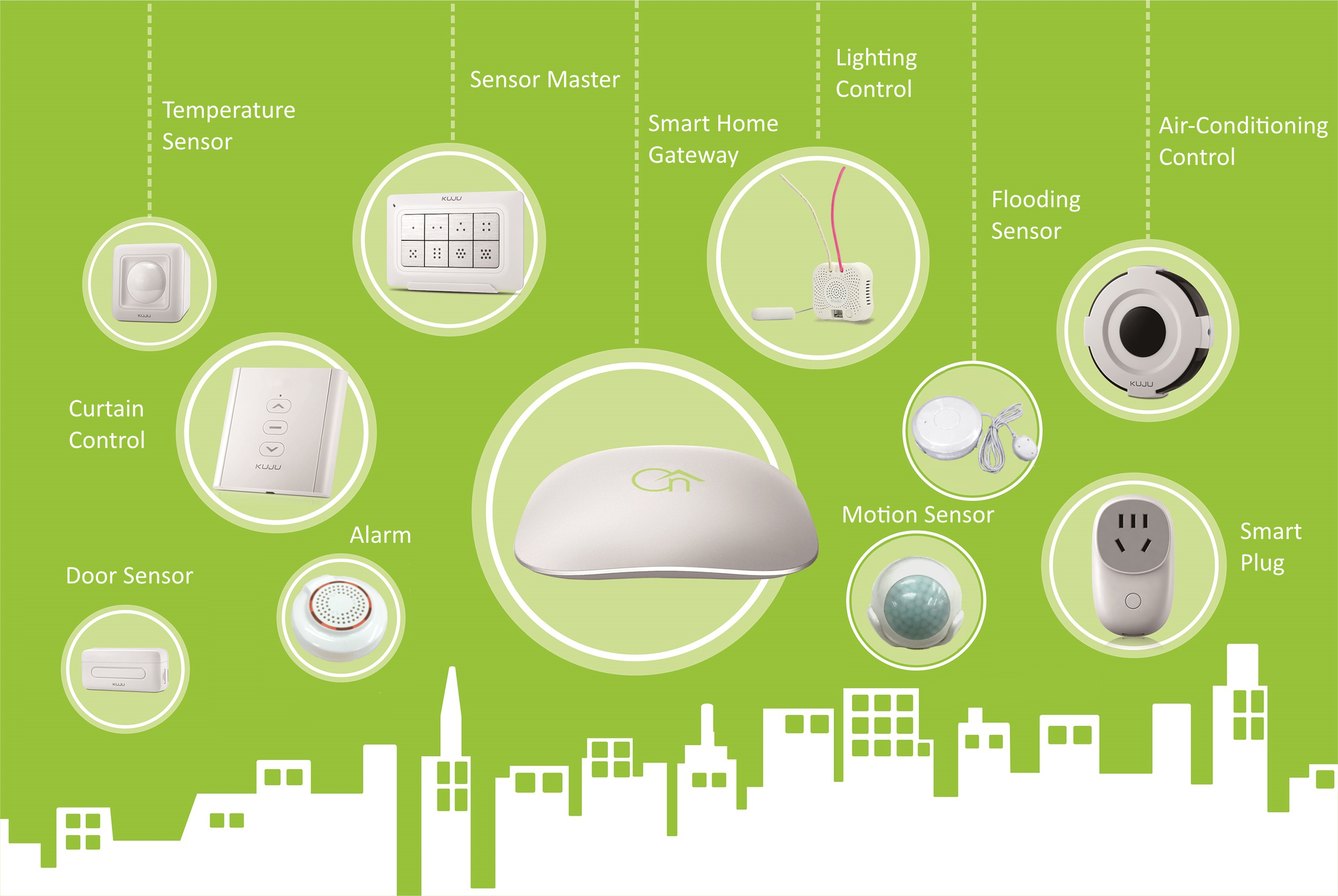

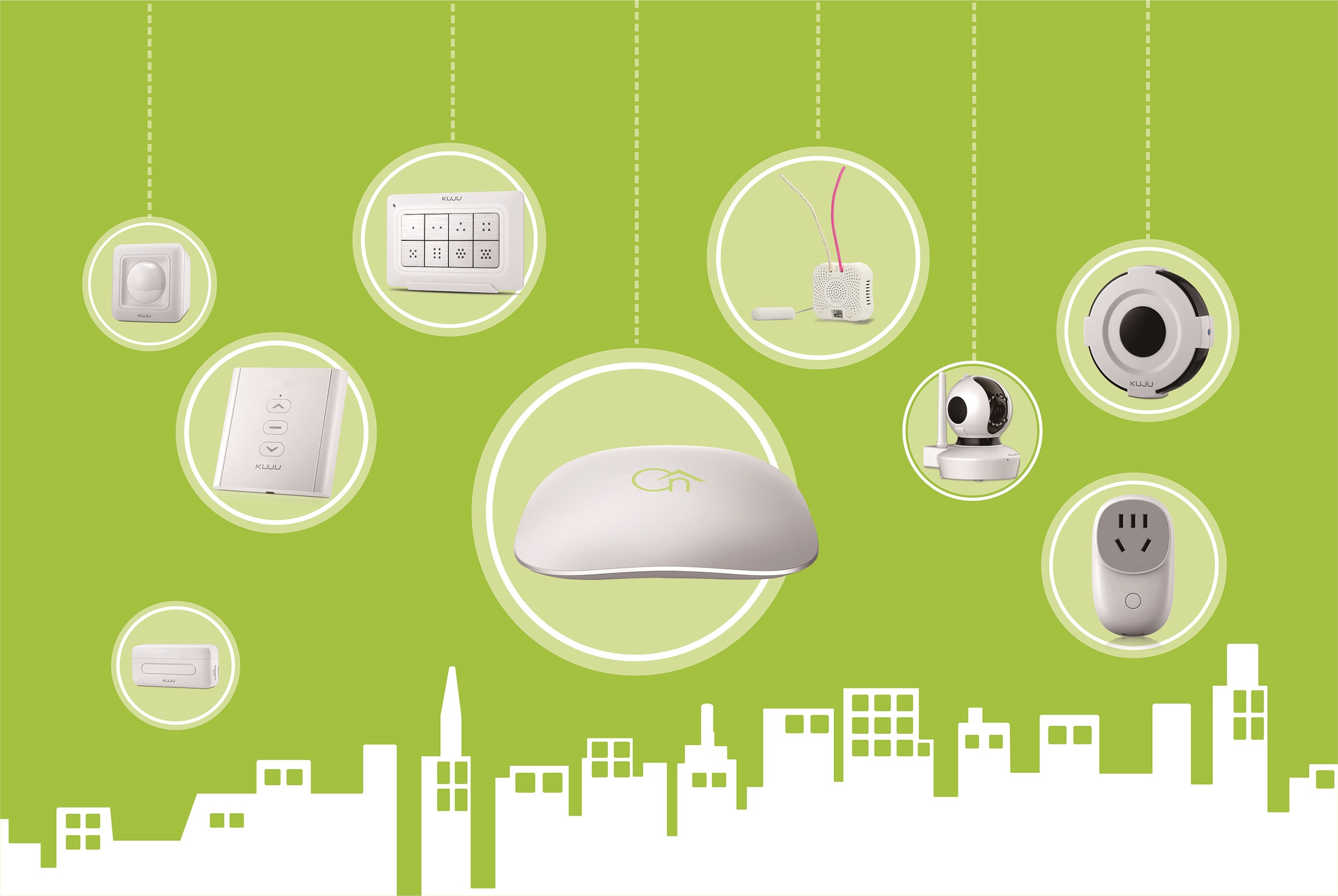
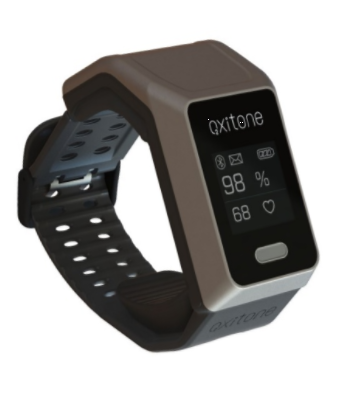

Leave A Comment